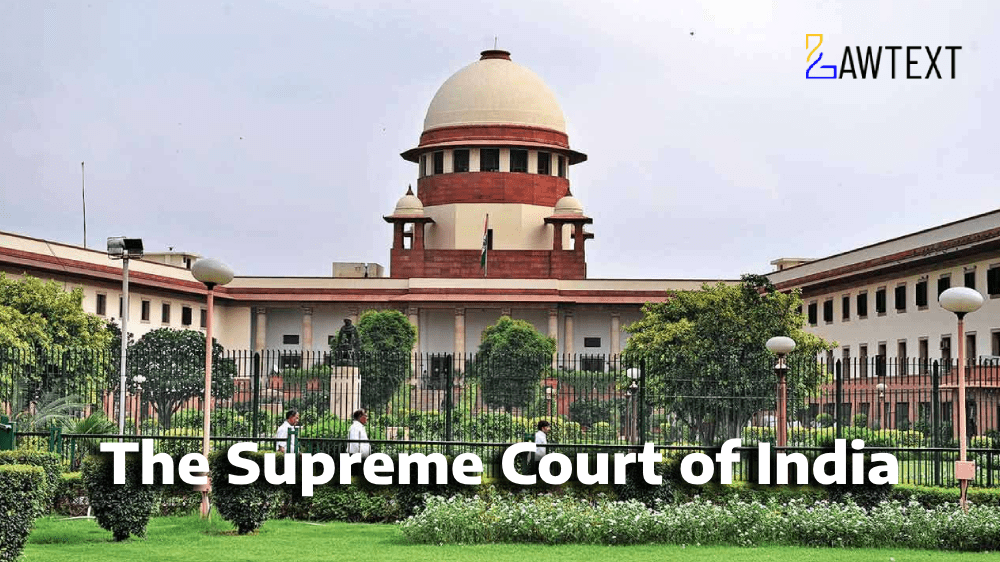Case Note & Summary
A dispute over a property transaction. The Appellant argues that the suit is within the limitation period based on her knowledge of the sale deed (Ex. A-5) in 2009. The Appellant also claims that the power of attorney was implicitly revoked and that the sale deed is void due to non-receipt of consideration. The High Court's decision to reverse the Trial Court's judgment is challenged, and the document concludes that the Trial Court's decree should be restored, granting the Appellant her half share in the property and related reliefs.
Introduction The document addresses the issue of when the limitation period for filing a suit begins, particularly concerning the Appellant's knowledge of Ex. A-5. Limitation Period and Actual Knowledge The Appellant asserts knowledge of Ex. A-5 in 2009, leading to the conclusion that the suit filed in 2011 is within the limitation period. The High Court's conclusion about constructive notice via registration of Ex. A-5 needs reconsideration based on actual knowledge. Implied Revocation of Power of Attorney Sections 207 and 208 of the Indian Contract Act, 1872, are discussed regarding the revocation of authority. Execution of the joint sale deed (Ex. A-3) by both the Appellant and Respondent No. 1 indicates implied revocation of the power of attorney. Non-Receipt of Consideration Section 54 of the Transfer of Property Act, 1882, requires consideration for a sale to be valid. Evidence from D.W.1 indicates no consideration was received for Ex. A-5, making it void. High Court's Decision The High Court's reversal of the Trial Court's judgment is examined and found to be based on erroneous legal implications. The Trial Court's findings on implied revocation and non-receipt of consideration are justified. Conclusion The Trial Court's decree declaring the Appellant's half share in the property and setting aside Ex. A-5 as void is upheld. The High Court's judgment is set aside, and the Trial Court's judgment and decree are restored. Final Directions The Trial Court is directed to determine the market value of the Appellant's half share. If the parties do not agree on the market value, the judgment and decree will proceed to final decree and execution as per the law. Civil Appeal Outcome The civil appeal is allowed with no order as to costs.
Issue of Consideration: THANKAMMA GEORGE VERSUS LILLY THOMAS AND ANOTHER
Premium Content
The Issue of Consideration is only available to subscribed members.
Subscribe Now to access critical case issues








